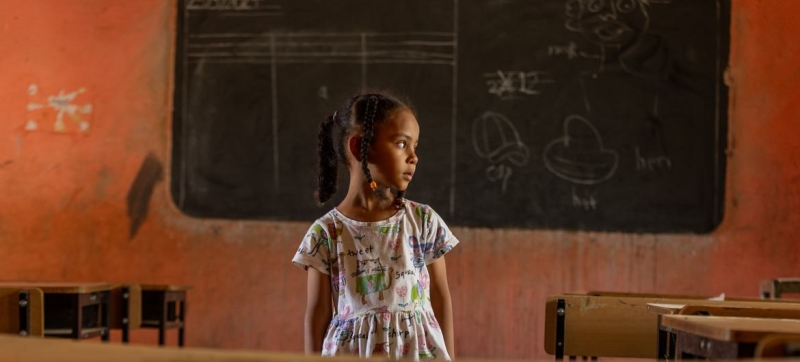
An estimated 3.4 million children under 5 years of age in Sudan are at high risk of contracting epidemic diseases. World Bank, WHO, UNICEF to expand access to health care for 8 million people in Sudan Health
The World Bank, the World Health Organization (WHO) and the United Nations Children’s Fund (UNICEF) have signed an $82 million agreement to expand access to essential health services for more than 8 million people across Sudan and strengthen the country’s health system.
More than 70 percent of hospitals and health facilities in conflict-affected areas of Sudan are not functioning. They have been destroyed in the fighting or are unable to operate due to a shortage of medical supplies. Meanwhile, workers on the front lines of the crisis, including nurses, doctors and other staff, have not been paid for months. Vaccine supplies and routine immunization are hampered by safety concerns and access restrictions.
Life-saving assistance
“The Sudan Health Assistance and Emergency Response (SHARE) project demonstrates WHO’s commitment to improving access to life-saving health services for communities in Sudan, especially in times of crisis,” said WHO Country Representative Shible Sahbani.
Disease outbreaks are straining Sudan’s already fragile health system and exacerbating sanitation and hygiene issues. Limited access to clean water and sanitation, especially in crowded IDP settings, increases the risk of disease spread.
Threats to Children’s Health
An estimated 3.4 million children under 5 years of age are at high risk of contracting epidemic diseases such as measles, malaria, pneumonia, diarrhoeal infections and cholera.
“In Sudan, the systems that provide vital social services to vulnerable children and families are on the brink of collapse,” said UNICEF Sudan Representative Sheldon Yett. “By working together, we can invest in rebuilding them and providing essential health and nutrition services to children who desperately need them amid ongoing conflict.”
Emergent Challenges
With support from the World Bank, UNICEF, WHO and their partners on the ground will work together to address immediate challenges while laying the foundations for long-term health system improvement. Agencies will provide essential medicines, train health workers, help provide essential maternal, newborn and child health services, treat severe malnutrition, and support access to vaccinations and care for the most vulnerable families.
Nutrition and health services will also be expanded through community-based mechanisms and support for survivors of gender-based violence.
Partners will invest in improved disease monitoring, equipping emergency response centres and training specialists to strengthen health system emergency preparedness.
